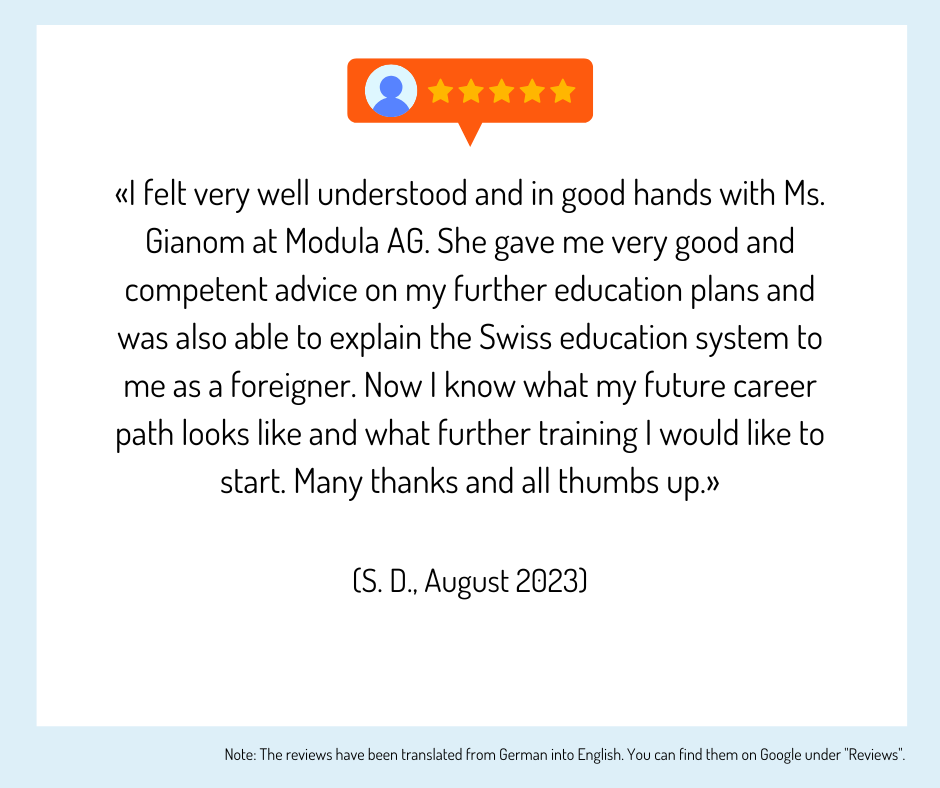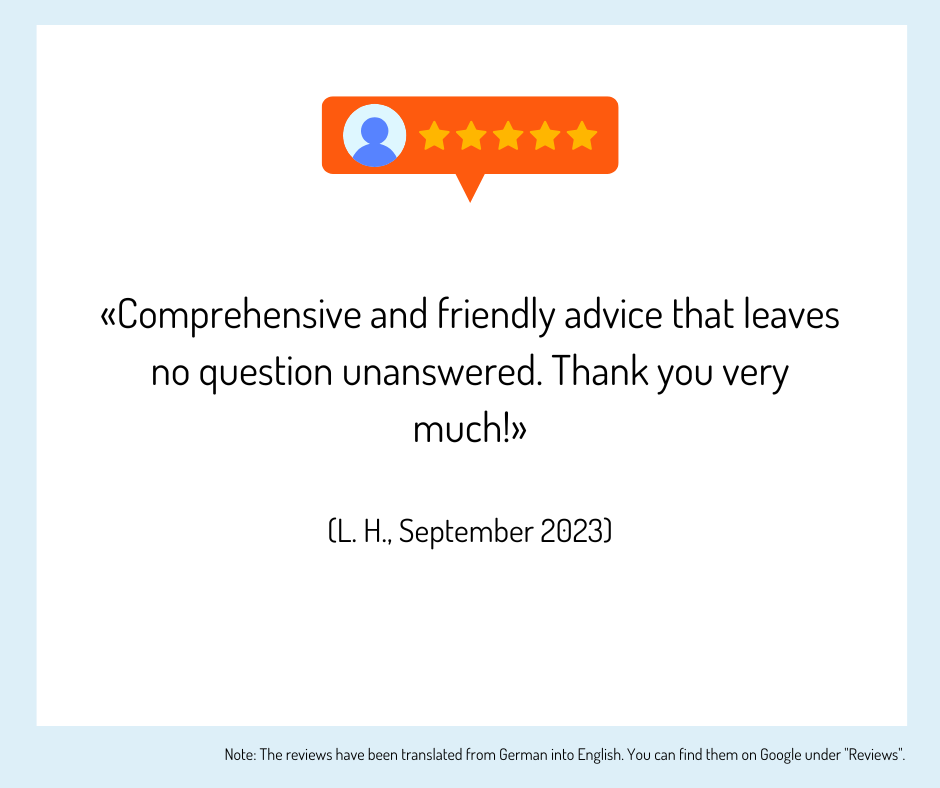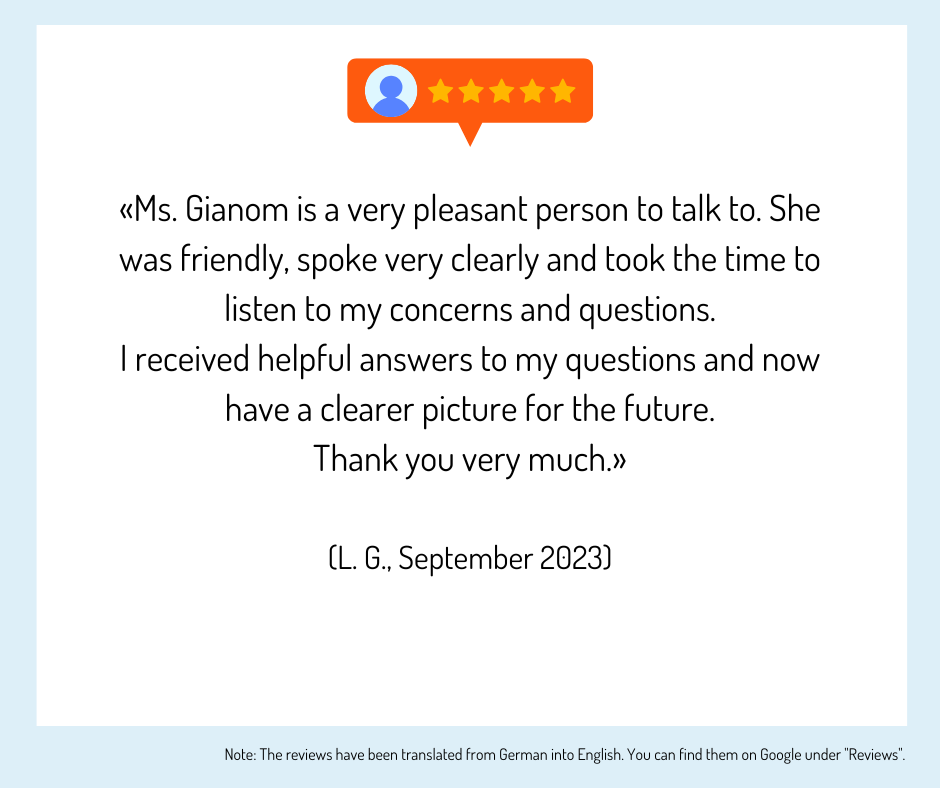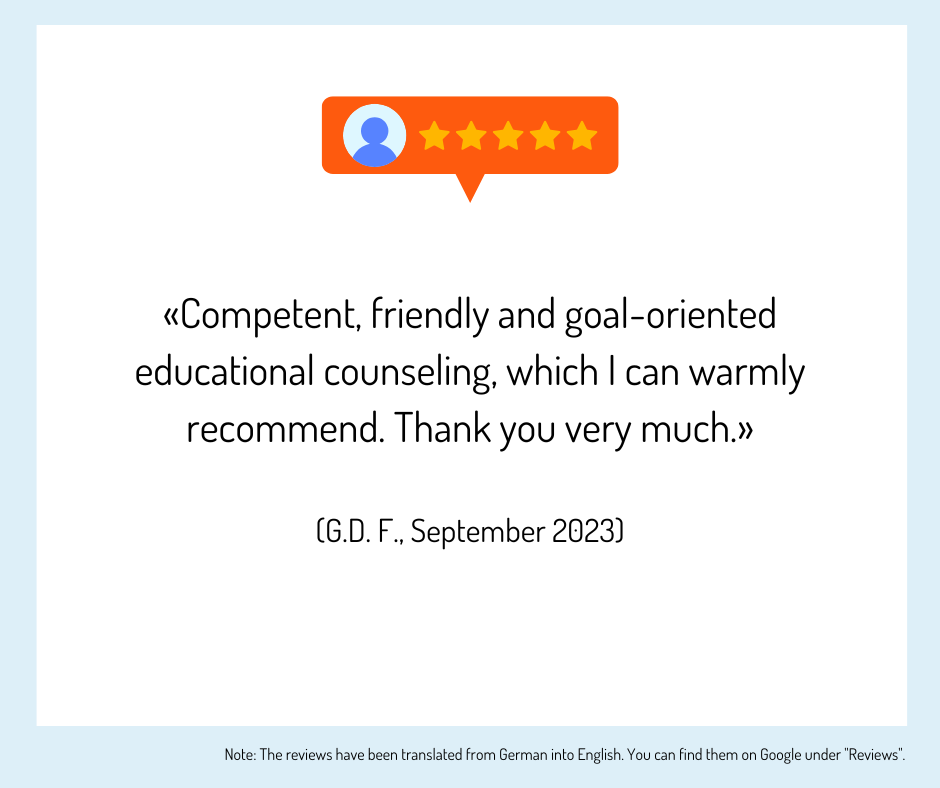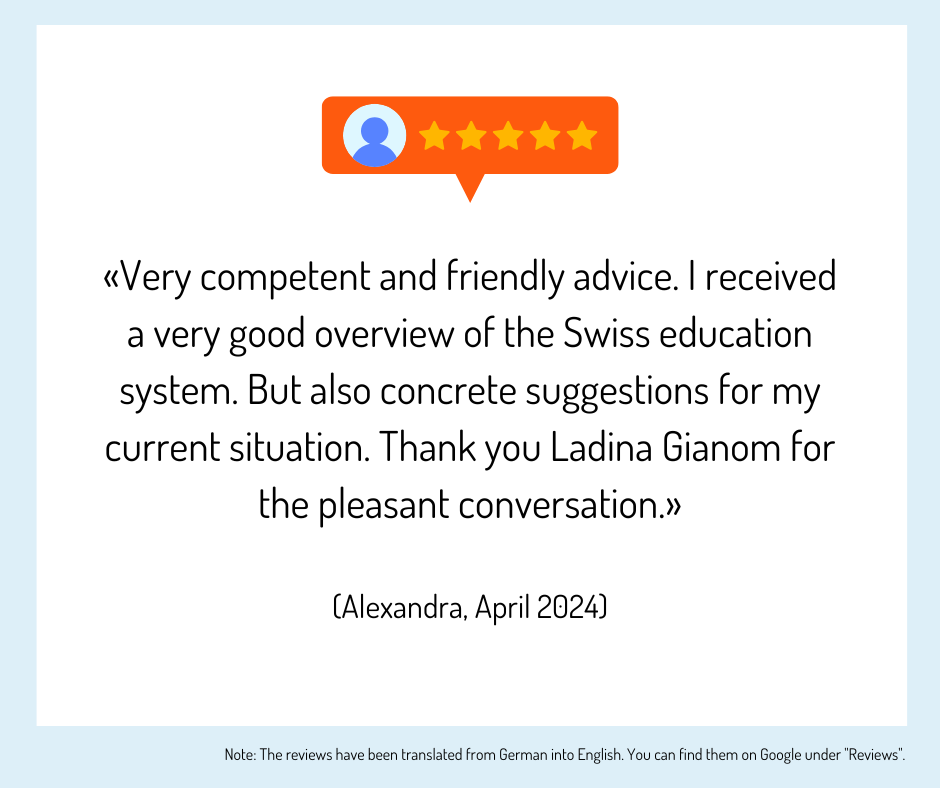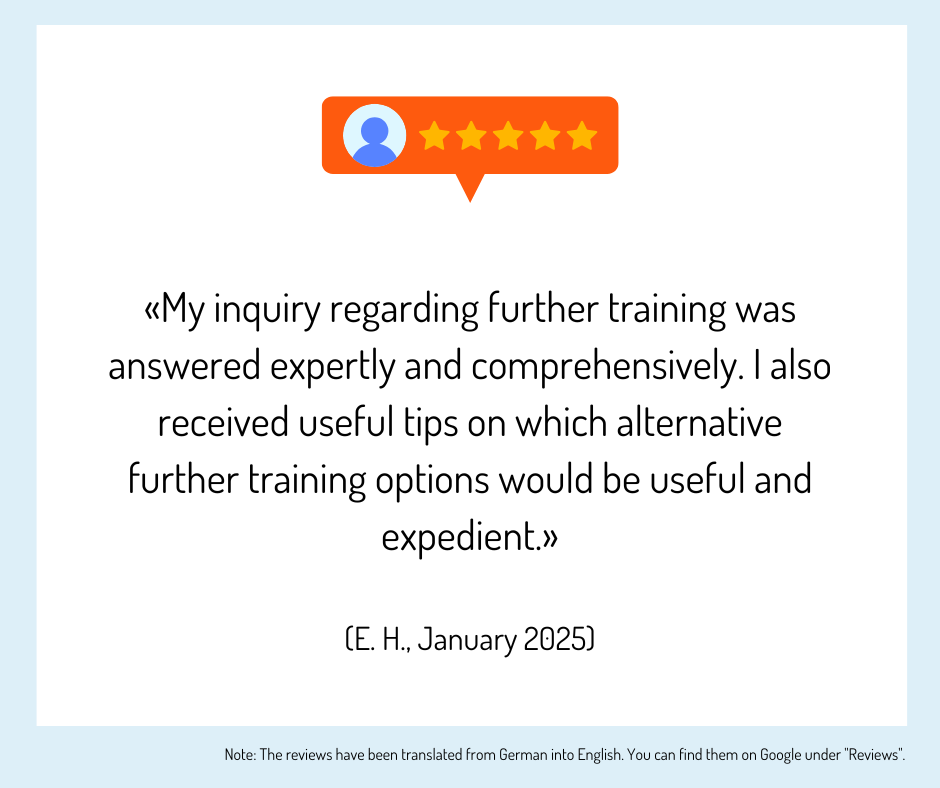Sign language interpreters: training, studies, overview of schools
Do you dream of a professional career as a sign language interpreter?
Questions and answers
How long does it take to study to become a sign language interpreter?
The sign language interpreting course is a full-time course and lasts six semesters.
Where can sign language interpreters find employment?
Sign language interpreters can be found at a wide variety of occasions and events, interpreting the daily news or in video mediation, at parents' evenings, visits to the authorities, doctors' appointments, continuing education, further training, at work and in various situations in which communication takes place between hearing and deaf or hearing-impaired people. The Procom Foundation provides interpreting services in Switzerland.
Are internships also completed during the course to become a sign language interpreter?
Students on the bachelor's degree course in sign language interpreting complete a total of nine internships. These are two observation internships, one interpreting internship in learning groups, one interpreting internship with a learning partner, two individual interpreting internships and one cultural internship.
Do I have to take an entrance exam to be admitted to the sign language interpreter training program?
An entrance examination is mandatory for admission to the Sign Language Interpreting Bachelor's degree program. This examination is divided into three parts and consists of an interview, a motor skills assessment and a memory test.
What degree do graduates of the Sign Language Interpreting course obtain?
After successfully completing the Bachelor's degree program and the Bachelor's thesis, graduates of the Sign Language Interpreting degree program are awarded the degree "Bachelor of Arts University of Applied Sciences in Sign Language Interpreting".
What training do sign language interpreters have?
Sign language interpreters have a university degree in sign language interpreting, which qualifies them to practice their profession.
What does the sign language interpreting course consist of?
The Bachelor's degree program in Sign Language Interpreting consists of a large number of modules and courses that provide students with the skills they need to pursue a professional career. They therefore attend courses on introduction to GSD, biography (language experience and self-reflection), linguistic principles, research and development, sign language practice, introduction to translation studies and translation practice, intercultural skills, networking and reflection, law and technology, information technology and media, economics and political systems and institutions. You will also take the modules Sociology and Interculturality 1 to 3, Professional Studies 1 and 2, courses on German Rhetoric, Dialogue and Monologue, Ethics, Group Conversations, National and International Settings, Interpreting in Special Systems and for Usher Affected Persons, Remote Interpreting, an Introduction to Special Needs Education, Hearing Support and elective modules. In addition, there are the required internships and the Bachelor's thesis module.
Erfahrungen, Bewertungen und Meinungen zur Ausbildung / Weiterbildung
Haven't found the right training or further education yet? Benefit from educational advice now!
Further training is not only important in order to maintain or increase professional attractiveness, investing in training or further training is still the most efficient way to increase the chances of a pay rise.
The Swiss education system offers a wide range of individual training and further education opportunities - depending on your personal level of education, professional experience and educational goals.
Choosing the right educational offer is not easy for many prospective students.
Which training and further education is the right one for my path?
Our education advisory team will guide you through the "education jungle", providing specific input and relevant background information to help you choose the right offer.
Your advantages:
You will receive
- Suggestions for suitable courses, seminars or training programs based on the information you provide in the questionnaire
- An overview of the different levels and types of education
- Information about the Swiss education system
We offer our educational counseling in the following languages on request: French, Italian, English
Register now and concretize your training plans.
